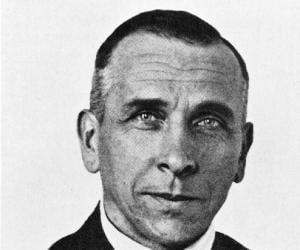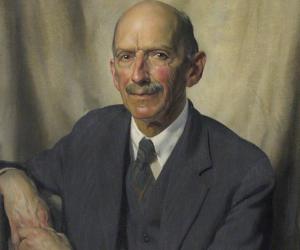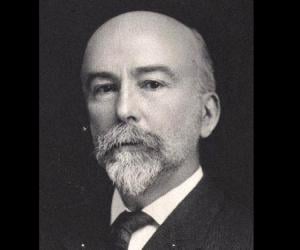In the early 1900s, meteorologist Alfred Wegener did not find too many takers for his theory that all the continents of the world had initially been a single mass named Pangaea and that continental drift had caused them to split apart. Wegener died on his fourth expedition in Greenland.
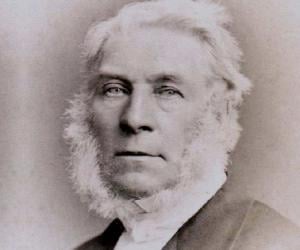
Renowned meteorologist and aeronaut James Glaisher was a pioneer of balloon flights and had penned the iconic book Travels in the Air. He had also contributed to the formation of the Meteorological Society and the Aeronautical Society of Britain. The 2019 movie The Aeronauts depicts his exploits as a balloonist.
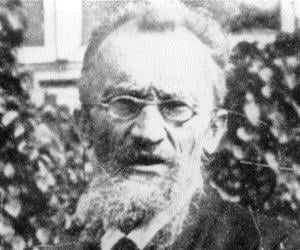
Wladimir Köppen was a Russian-German meteorologist, geographer, botanist, and climatologist. He is best remembered for publishing the Köppen climate classification system, which is used even today. Wladimir Köppen made important contributions to many branches of science. He is also credited with coining the term aerology.
Scottish physicist, meteorologist and Nobel Laureate Charles Thomson Rees Wilson is noted for inventing the cloud chamber particle detector, also referred to as Wilson cloud chamber, used for visualizing the passage of ionizing radiation. It played a significant role in the area of experimental particle physics between the 1920s and 1950s.
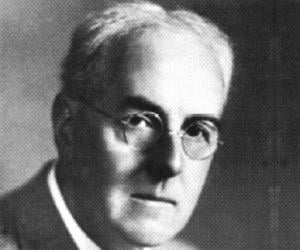
British physicist, meteorologist, mathematician, psychologist and pacifist Lewis Fry Richardson was the first to apply modern mathematical techniques of weather forecasting to predict weather accurately. He also pioneered the use of similar methods in studying reasons of wars and the way to stop them. He proposed the iterative method called modified Richardson iteration for solving a system of linear equations.
William Morris Davis was an American geologist, geographer, meteorologist, and geomorphologist. Often referred to as the father of American geography, Davis is credited with founding the Association of American Geographers. He is also remembered for his association with the Geological Society of America, where he served as the president. In 1919, he was awarded the Royal Geographical Society's Gold Medal.
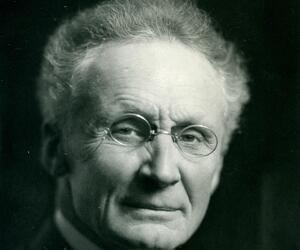
Vilhelm Bjerknes was a Norwegian meteorologist and physicist who is counted among the pioneers of the present-day practice of weather forecasting. The primitive equations, which are used today in numerical climate modeling and weather prediction, were formulated by him. Vilhelm Bjerknes also developed the Bergen School of Meteorology, which played a major role in advancing meteorology in the early-20th century.
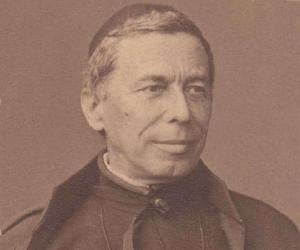
A pioneer in astronomical spectroscopy, Italian Jesuit priest and astronomer Angelo Secchi was among the first scientists who authoritatively stated that the Sun is a star. Notable contributions of Secchi, who served as director of the observatory at the Roman College for nearly three decades, includes discovering three comets and solar spicules; and inventing Secchi disk, heliospectrograph and telespectroscope.
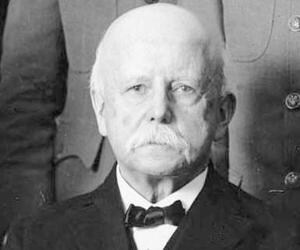
US physicist and meteorologist Thomas Corwin Mendenhall is remembered for pioneering the use of the ring pendulum for the measurement of absolute gravity. He taught at the Ohio State University, the US Signal Corps, and the Tokyo Imperial University. He also developed the weather service of Ohio.
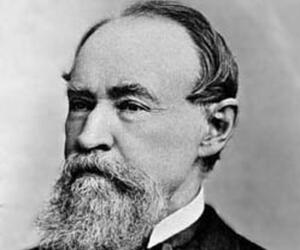
Though mostly self-taught, William Ferrel grew up to be a school teacher and later joined the American Ephemeris and Nautical Almanac. He was later part of the U.S. Army’s Signal Service and is best remembered for his meteorological research and his explanation of the deflection of air currents on Earth.
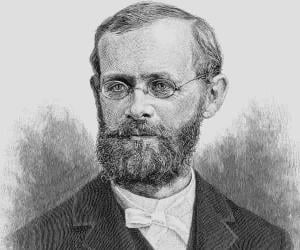
US meteorologist Cleveland Abbe, who proposed the use of time zones, was also known for his contribution to the development of the US Weather Bureau, or the National Weather Service, through his daily weather maps and forecasts. Initially an astronomer, he also served as the director of the Cincinnati (Ohio) Observatory.
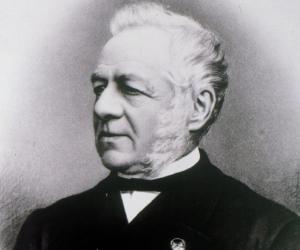

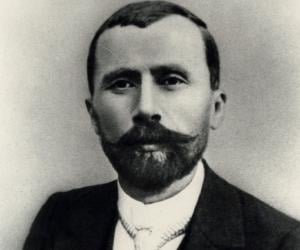
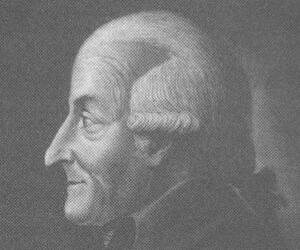
Copley Medal-winning geologist and meteorologist Jean-André Deluc had initially studied math and natural sciences, before embarking on business tours across Europe. In course of time, he gathered a huge collection of fossils and minerals. His research areas included the mercury barometer. He was later named a fellow of the Royal Society.
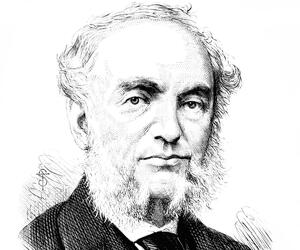
Scottish meteorologist and geophysicist Balfour Stewart is best remembered for his research on radiant energy and terrestrial magnetism. Initially a trader, he later joined the Kew Observatory as an assistant and eventually became its director. The Unseen Universe remains one of his best-known written works.
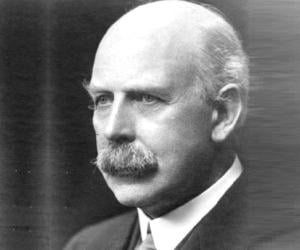
Sir William Napier Shaw, better known as Napier Shaw, was a British meteorologist who devised the tephigram and the millibar. Apart from teaching physics at the University of Cambridge, he also headed the Royal Meteorological Society and the International Meteorological Committee. He also penned notable works such as Manual of Meteorology.

British meteorologist and physicist John Aitken is best remembered for his research on the microscopic particles now known as the Aitken nuclei and their role in the condensation of water vapor. However, health issues kept him confined to his home laboratory and prevented him from taking up significant positions.

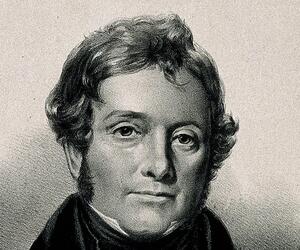
Thomas Stewart Traill had donned many hats. Initially a practicing physician, he was also interested in zoology and helped John James Audubon publish The Birds of America. He was also a chemist and a meteorologist and spent his life teaching at the University of Edinburgh. He also edited Encyclopædia Britannica’s 8th edition.

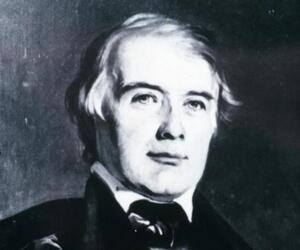
US meteorologist James Pollard Espy developed the first known theory to explain the thermodynamics of cloud formation. He also made pioneering use of the telegraph to collect meteorological observations. He also served as a meteorologist for US War and Navy and penned the iconic book The Philosophy of Storms.
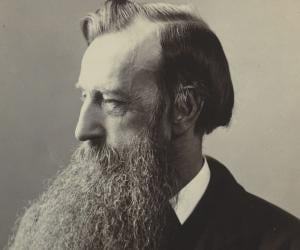
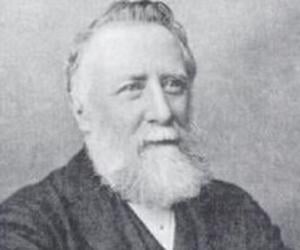
Albert Medal-winning British meteorologist George James Symons is remembered for establishing the British Rainfall Organization, a group of rainfall data collection sites. He was 18 when he was included in the British Meteorological Society. He also made efforts to improve the accuracy and uniformity of meteorological measurements.
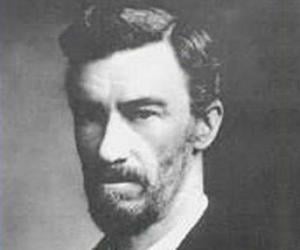
Born to a meteorologist father, William Henry Dines grew up to study wind forces and soon established himself as a leading meteorologist in his own right. The Symons Gold Medal awardee devised many instruments for the measurement of atmospheric properties, such as the Dines pressure-tube anemometer.
